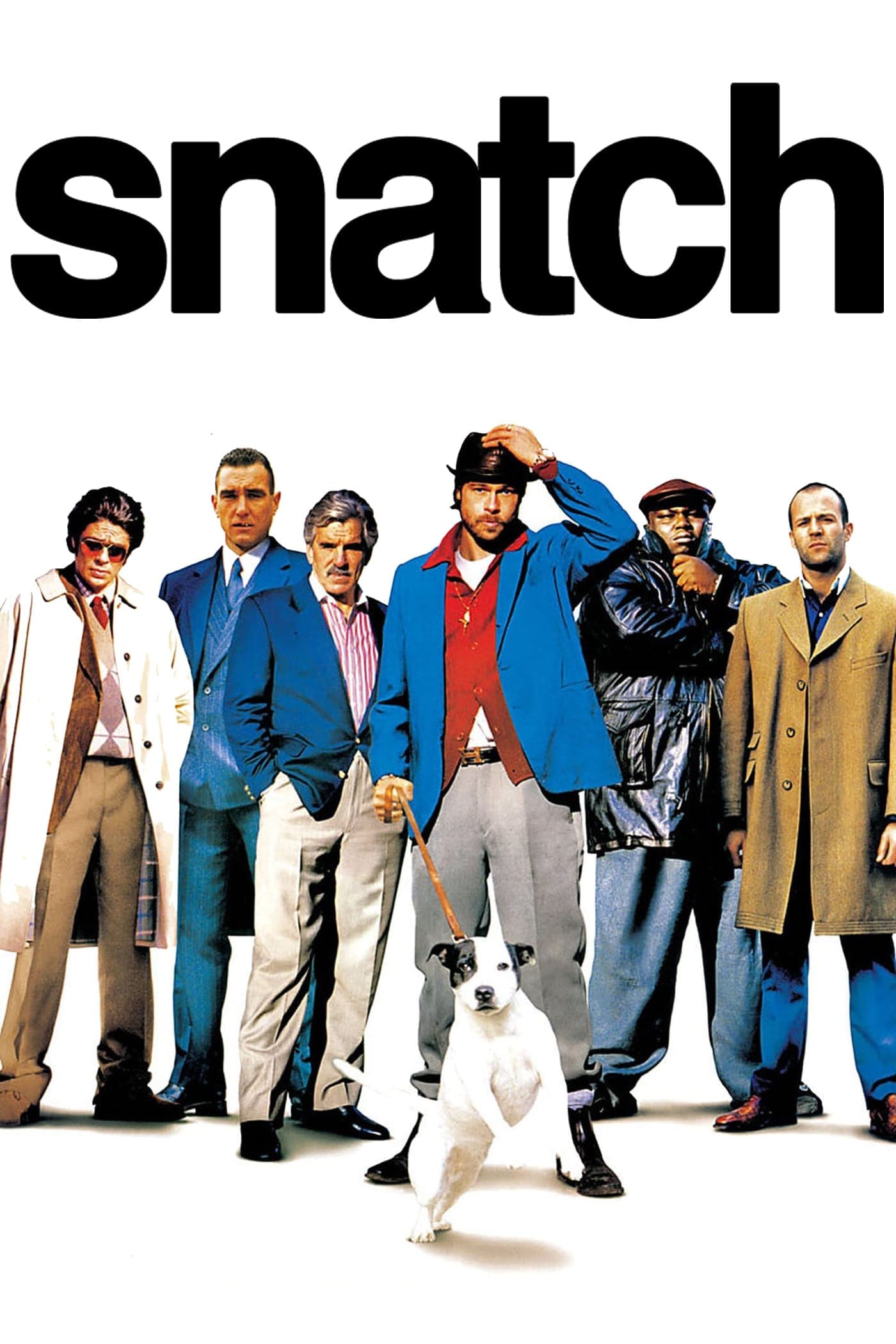
Snatch
2000
Rate this movie
Average: 5.00 / 5
(1 votes)
Director
Imagine a kind of container that blends Dickens, Pulp, and Vaudeville: add a dash of London underground culture and voilà, you'll have the aesthetic signature of Snatch, Guy Ritchie's second film after the excellent Lock, Stock and Two Smoking Barrels (1998). The comparison to Dickens is not far-fetched, not only due to the host of grotesque and memorable characters populating the underbelly of a vividly post-industrial London, but also for the subtle social critique that emerges, masked by black humour, on the desperate pursuit of economic redemption, on the moral poverty hidden behind the veneer of organised crime. The pulp element, on the other hand, manifests in the hyper-stylisation of violence, the frenetic editing, and the non-linear narrative that jumps between various intertwined plots, unashamedly paying homage to masters like Tarantino. Finally, Vaudeville permeates the slapstick comedy and the almost theatrical, caricatural performances that make each character an instant icon, a recognisable archetype in the pantheon of metropolitan freaks. With Snatch, Ritchie does not merely replicate the successful formula of its predecessor; he elevates it, refines it, shaping a cinematic language that would become his unmistakable signature, effectively inaugurating a subgenre in British cinema.
This Snatch is an absolutely pyrotechnic film where almost fairy-tale characters, in their extravagant vitality, populate London's suburbs. The "pyrotechnics" are not exhausted by the mere vivacity of the characters or the incessant sequence of events: it's a controlled explosion of style, an orchestra of narrative voices, of pop and rock music that punctuates the tight rhythm, of freeze-frames and slow motion that emphasize key moments, almost as if to stop and contemplate the absurdity of an instant. Every shot is charged with kinetic energy, every dialogue is a bullet fired at point-blank range, and the London that emerges is not a tourist postcard, but a labyrinth of alleys and warehouses, of disreputable pubs and illegal boxing rings, where life is a constant, ruleless rodeo, a theatre of the absurd illuminated by the dirty neon lights of the night.
Turkish and his associate are looking for a deal in the underground boxing circuit, but unfortunately, their protégé is butchered by a crazy, scrawny gypsy who hits like a blacksmith (Brad Pitt). The two will try to enlist the gypsy, and in the meantime, they get involved in other shady dealings. The true genius of Snatch lies in its ability to weave a complex web of subplots – the theft of a diamond of biblical proportions, a dog with a penchant for squeaky toys, a nomadic boxer with an incomprehensible accent and the power of a buffalo, illegal betting, and a series of Russian, Jewish, Irish, and Gypsy gangsters stepping on each other's toes in an attempt to get rich. Brad Pitt's performance, in particular, is a masterclass in the brilliant self-destruction of a star image: his "Pikey" is a concentrate of unpredictable madness, a primal force of nature that disrupts every logical scheme, delivering to the audience one of the most iconic characters of early millennium cinema. He is not the classic heroic protagonist, but a wild card, the joker in a rigged deck of cards.
A highly enjoyable, entertaining work, shot with biting irony by Guy Ritchie, a director who has always made a favourable impression on us. Ritchie's irony is never an end in itself; it's a magnifying glass on human nature, on pettiness, on petty ambition, and on the unfortunate fate that often governs the lives of his characters. His camera is an omniscient, yet complicit, eye that delights in showing the tragicomic failure of every well-conceived plan. The style is instantly recognisable: quick cuts that propel the action, an omnipresent soundtrack perfectly integrated into the narrative, brilliant and sharp dialogues that move between street slang and pithy aphorisms. Snatch solidified Ritchie's reputation as a distinctive voice in British cinema, an auteur capable of mixing pulp with black comedy, the gangster movie with farce, creating an explosive cocktail that has influenced generations of directors and screenwriters.
One is dragged into a never-ending vortex of cause and effect, while around us characters with Salgari-esque names swirl: Bullet Tooth Tony, Frankie Four Fingers, Doug 'The Head' Denovitz, Boris 'The Blade' Yurinov, Redford. These names, more than simple labels, are epithets, almost honorary titles in their subterranean world. They are signposts announcing a reputation, a distinctive, often ironic, trait that defines the very essence of the character. The "vortex of cause and effect" is the film's beating heart: every minimal action, every mistake, every impulsive choice reverberates in an unexpected domino effect, dragging everyone into a whirlwind of out-of-control events. It's a reflection on randomness, on the impossibility of dominating chaos, and on how fate toys with human ambitions, transforming the shrewdest criminals into mere pawns in a game they cannot comprehend. In this universe, control is an illusion, and luck – good or bad – is the only true arbiter.
The characters' nature often emerges from Turkish's inner monologue, a kind of unkempt and irreverent narrator who comments on the unfolding action. He is not merely a commentator, but a sardonic guide through the darkest and most ridiculous nooks of London's underworld, a Virgil with colourful lexicon who interprets and judges, offering a cynical yet surprisingly lucid perspective on the law of the urban jungle. Turkish says, describing the Gypsy's stubbornness: “Have you ever crossed the road looking the wrong way? And there's a car coming right at you? So what do you do? Something very stupid: you stop! And you don't see your whole life flash before your eyes because you're too scared to think. You stop and you make a silly face, but the gypsy doesn't. Why? Because he was already thinking about going into the car himself.” This phrase, more than any other, synthesizes the film's philosophy and the Gypsy's indomitable nature. It's a manifesto of brutal resilience, of the ability to subvert expectations, of transforming the inevitable into a voluntary choice. It's the triumph of instinct over reason, of chaos over established order, and of the unpredictability that makes life and, in this case, Guy Ritchie's cinema, so irresistibly unpredictable and extraordinarily entertaining. Snatch is not just a film; it's a sensory experience, a modern classic that redefined the gangster genre with its overwhelming energy and its unmistakable humour.
Country
Gallery

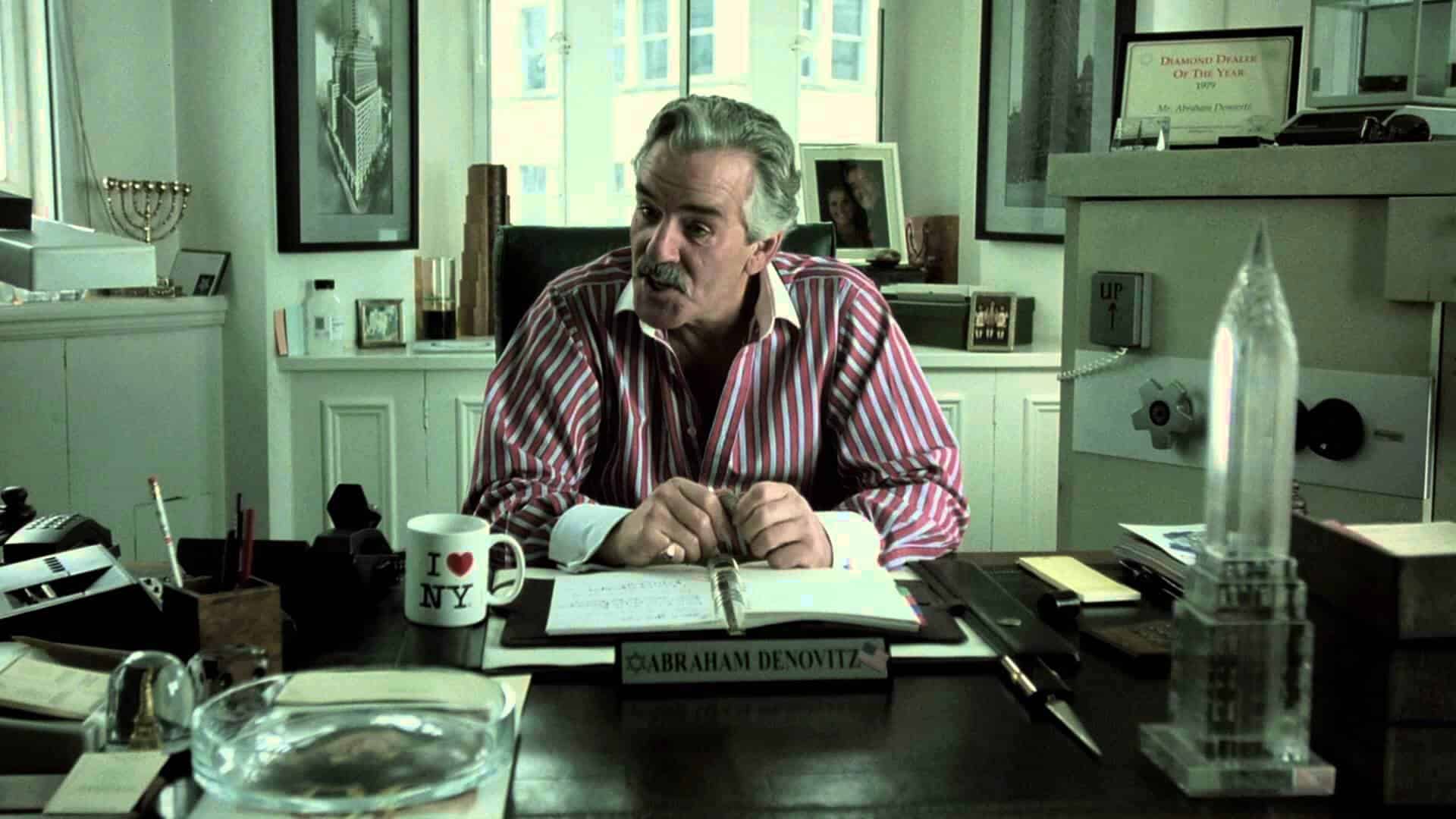
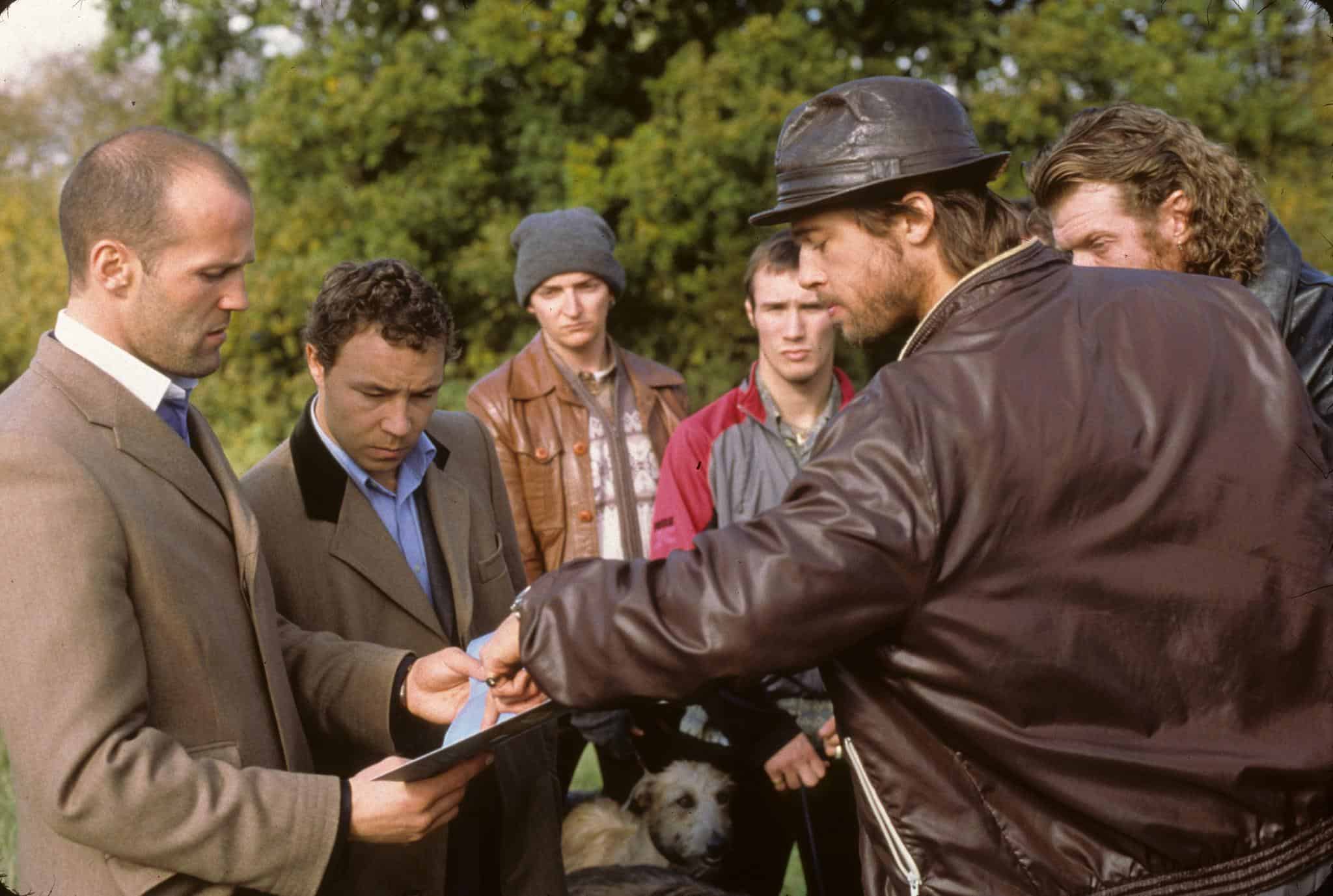
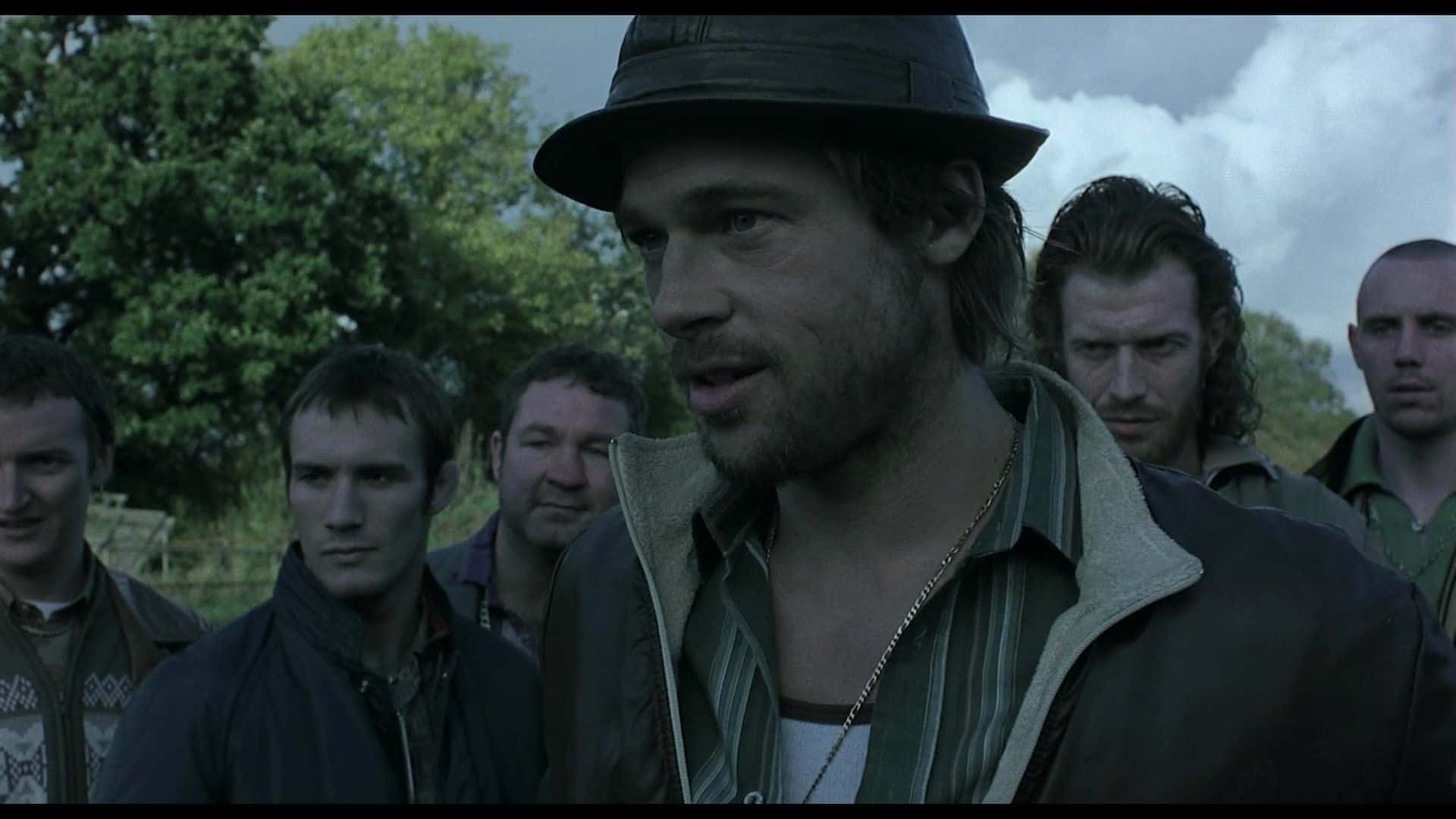
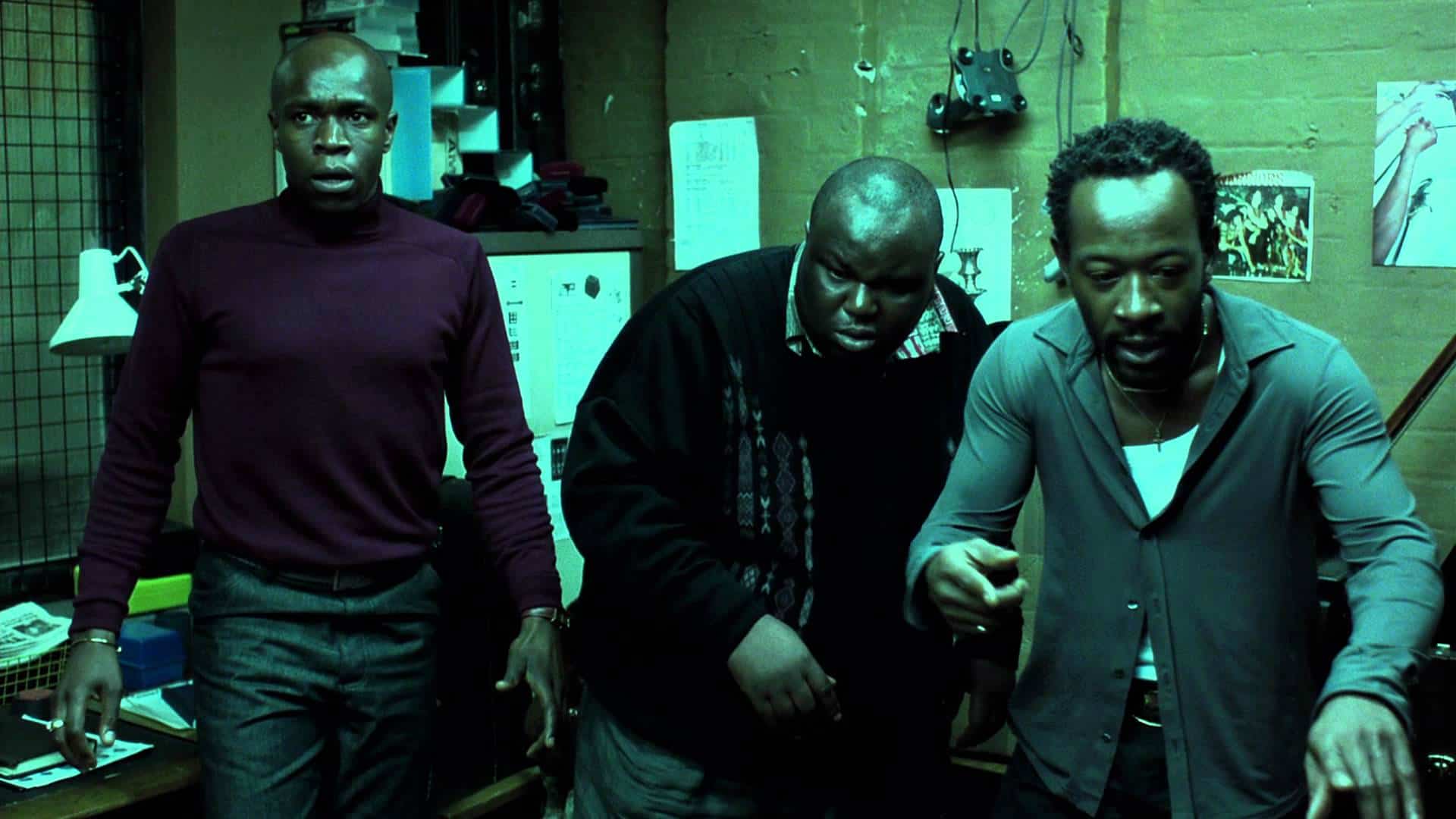
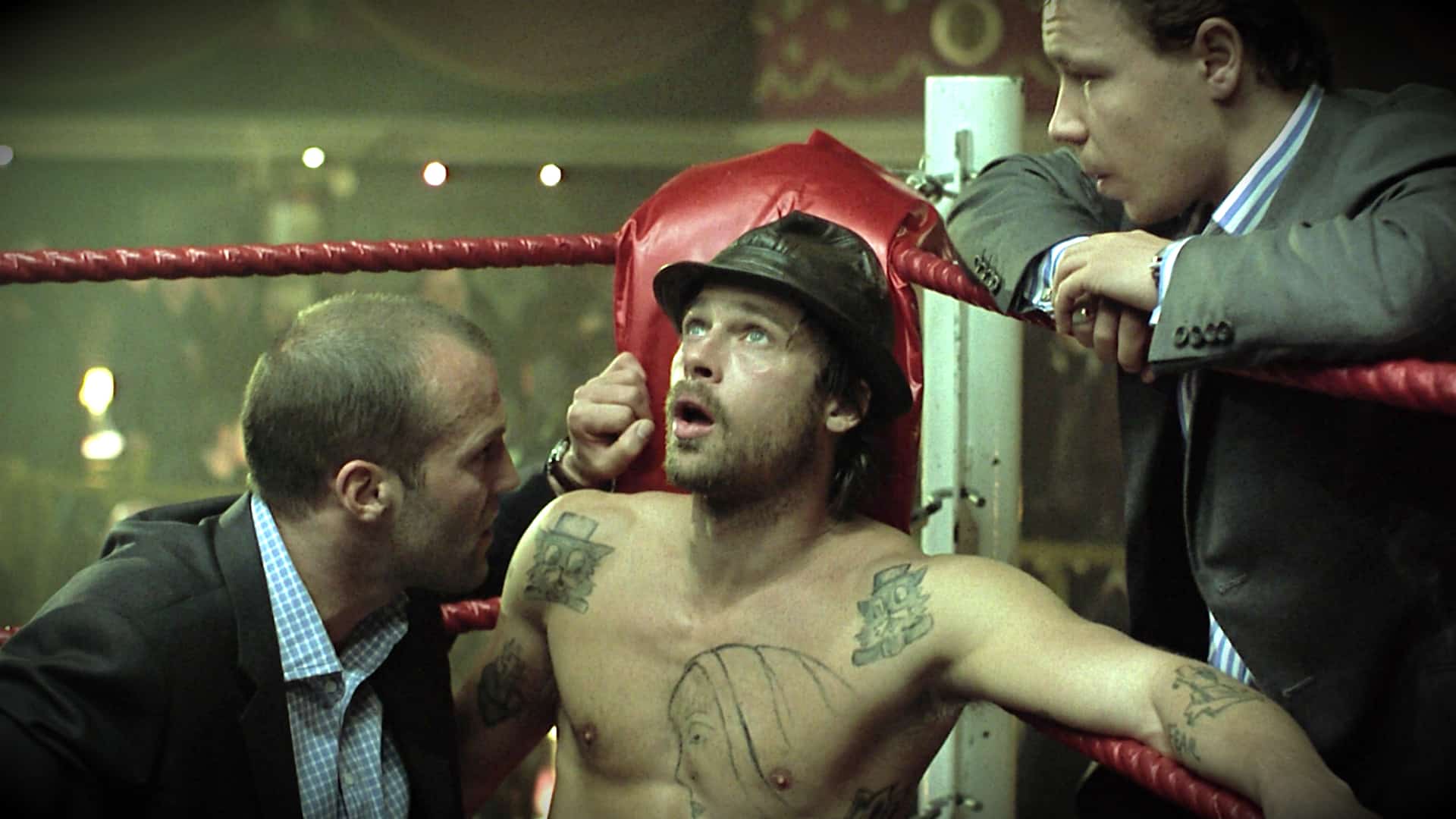
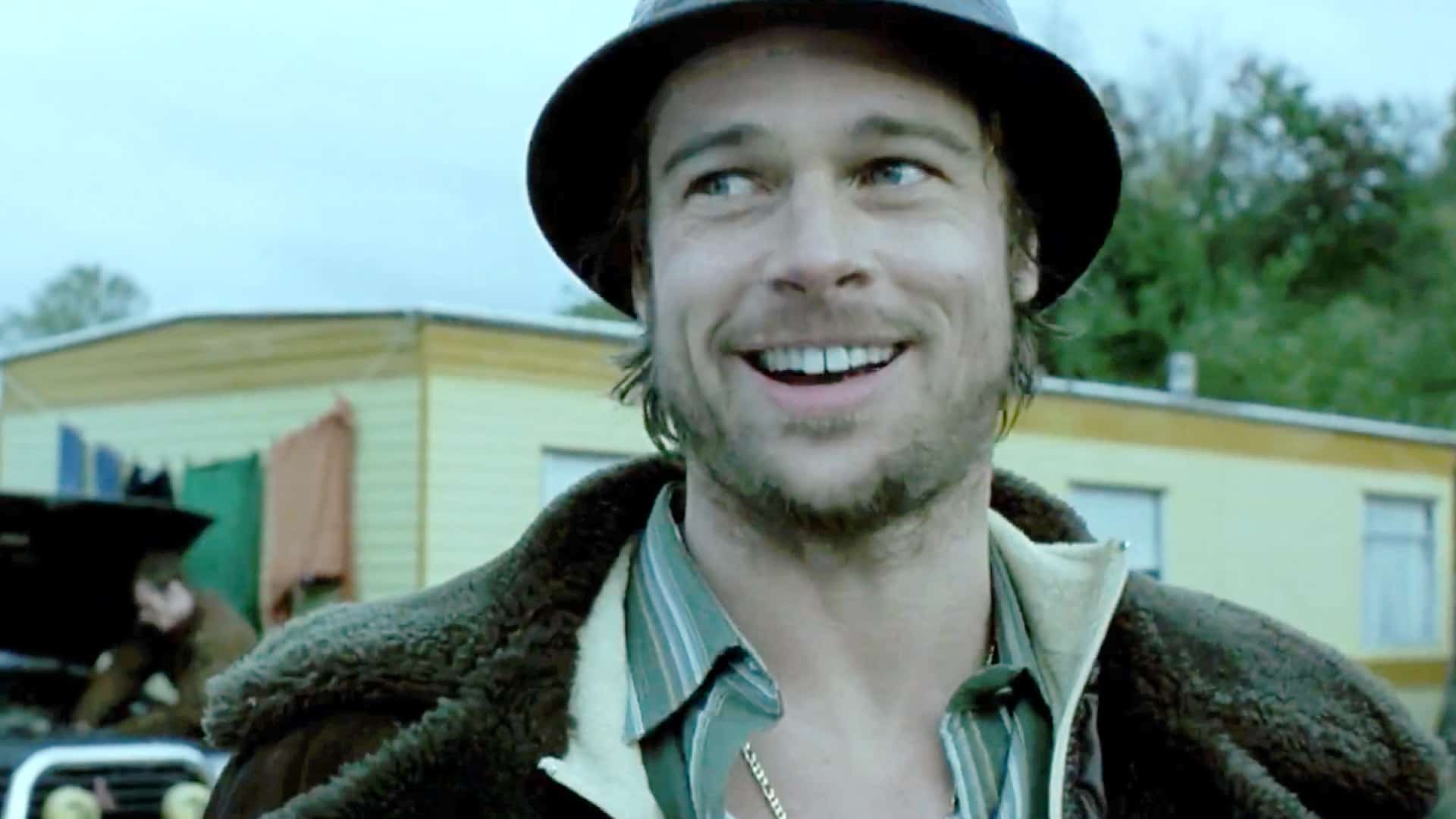
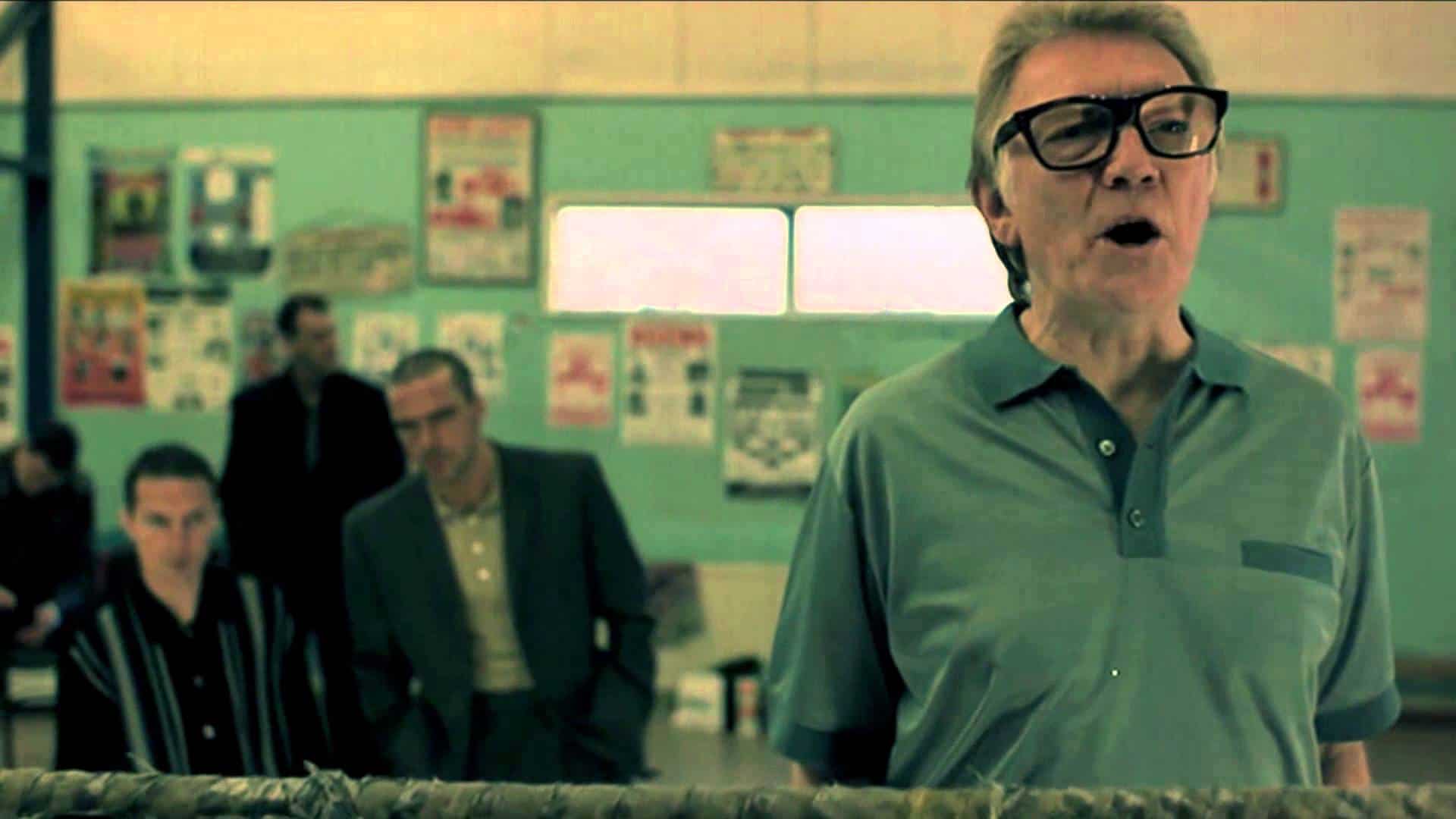
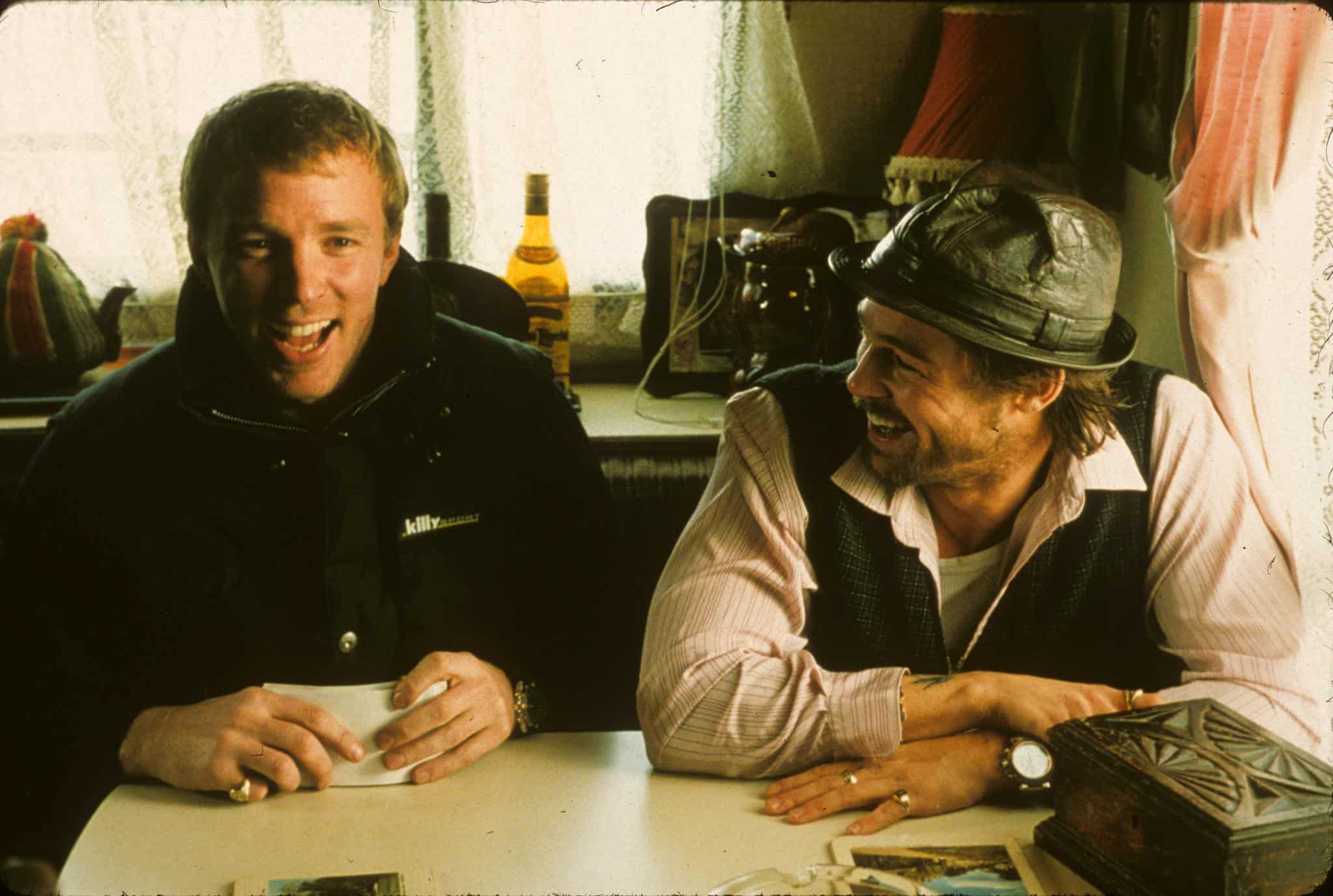
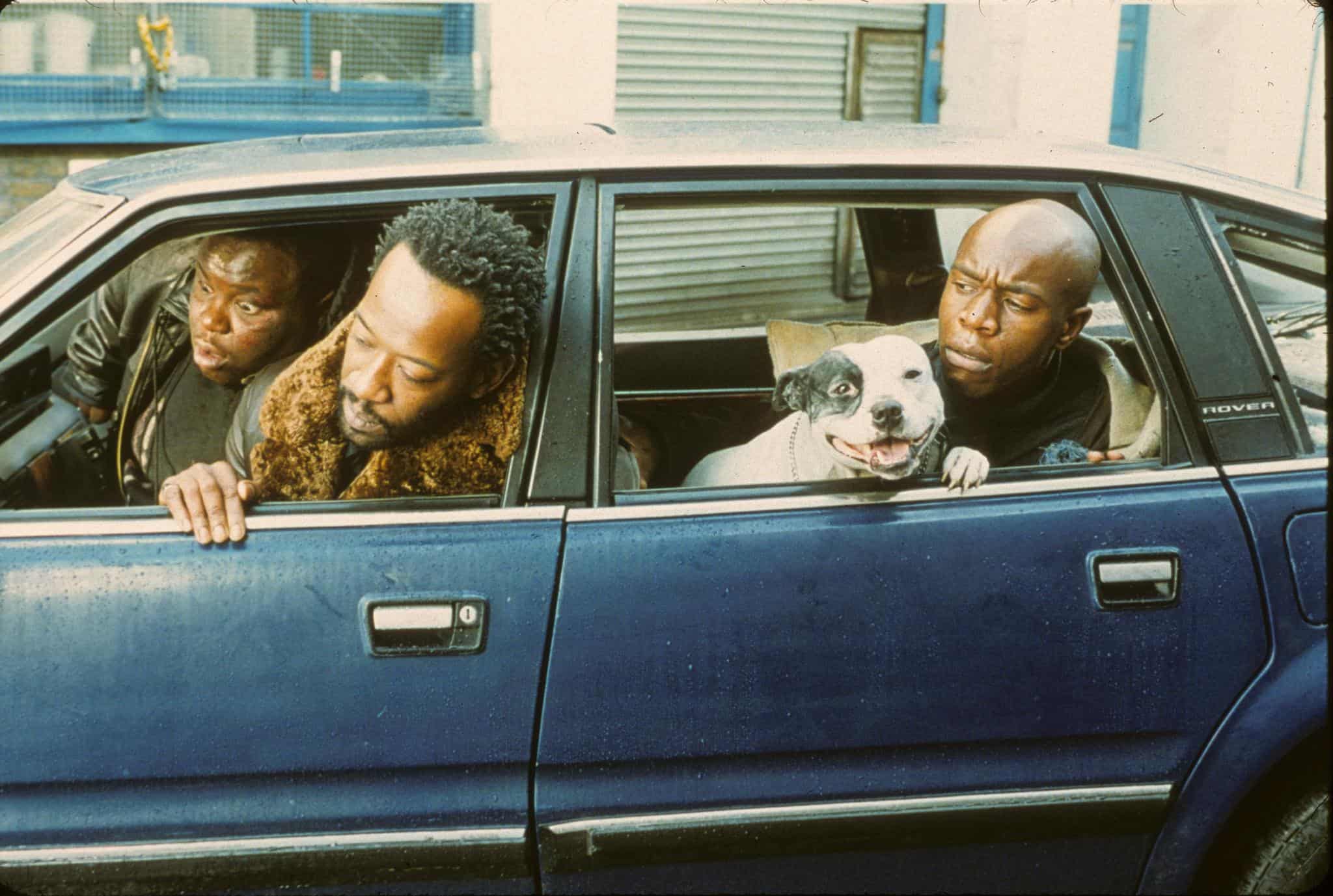

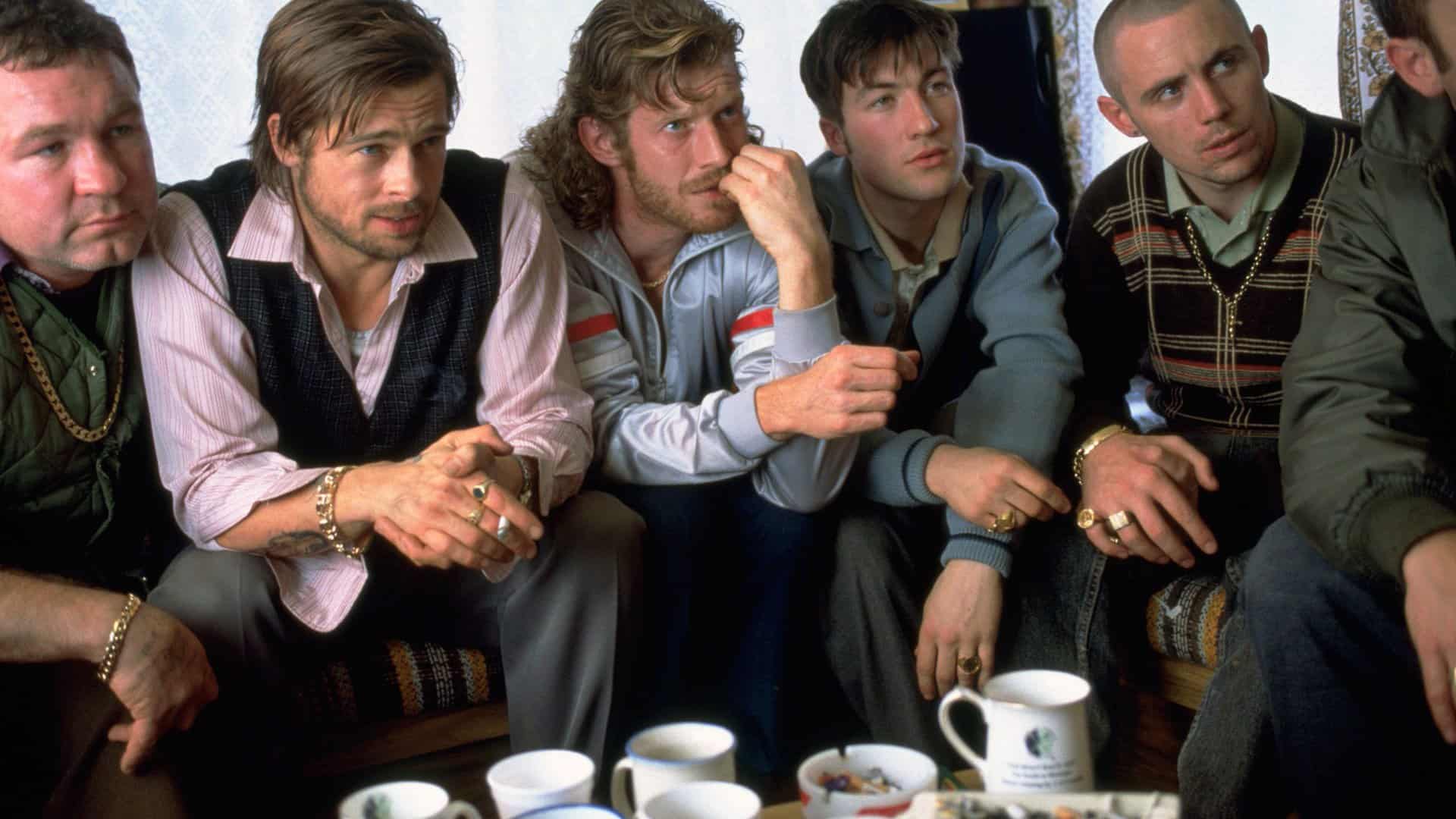
Comments
Loading comments...